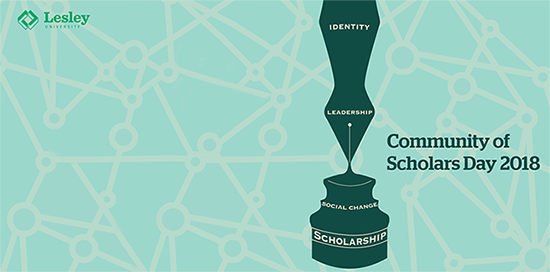Abstract
Many people talk about the importance of music in school and learning, we all know about its effects on cognitive development for children and adults. Though despite these universally known facts, music education programs are increasingly underfunded in schools, private lessons are not accessible to most people, while our country is simultaneously suffering from an increase in academic retention and destructive societal conflicts. Music brings all people together and at its core is rhythm. It makes available a space for joy; to fully express love, build bonds and strengthen our individual spirits. When used intentionally, music heals and is a powerful agent for political change around the world. If we may develop our internal rhythm through these four principles: listening, communication, collaboration, and self-expression; an individual may embody the biological constructs of music, for their own social-emotional wellbeing.
Start Date
28-3-2018 1:10 PM
End Date
28-3-2018 2:00 PM
Presentation Type
Creative Performance
Disciplines
Cognition and Perception | Community Psychology | Curriculum and Instruction | Curriculum and Social Inquiry | Developmental Psychology | Interpersonal and Small Group Communication | Multicultural Psychology | Music Education | Music Therapy | School Psychology | Social Psychology | Transpersonal Psychology
Full Text of Presentation
wf_yes
Included in
Cognition and Perception Commons, Community Psychology Commons, Curriculum and Instruction Commons, Curriculum and Social Inquiry Commons, Developmental Psychology Commons, Interpersonal and Small Group Communication Commons, Multicultural Psychology Commons, Music Education Commons, Music Therapy Commons, School Psychology Commons, Social Psychology Commons, Transpersonal Psychology Commons
The Effects of Rhythm for Social Emotional Learning Skills Development
U-Hall 2-150
Many people talk about the importance of music in school and learning, we all know about its effects on cognitive development for children and adults. Though despite these universally known facts, music education programs are increasingly underfunded in schools, private lessons are not accessible to most people, while our country is simultaneously suffering from an increase in academic retention and destructive societal conflicts. Music brings all people together and at its core is rhythm. It makes available a space for joy; to fully express love, build bonds and strengthen our individual spirits. When used intentionally, music heals and is a powerful agent for political change around the world. If we may develop our internal rhythm through these four principles: listening, communication, collaboration, and self-expression; an individual may embody the biological constructs of music, for their own social-emotional wellbeing.



